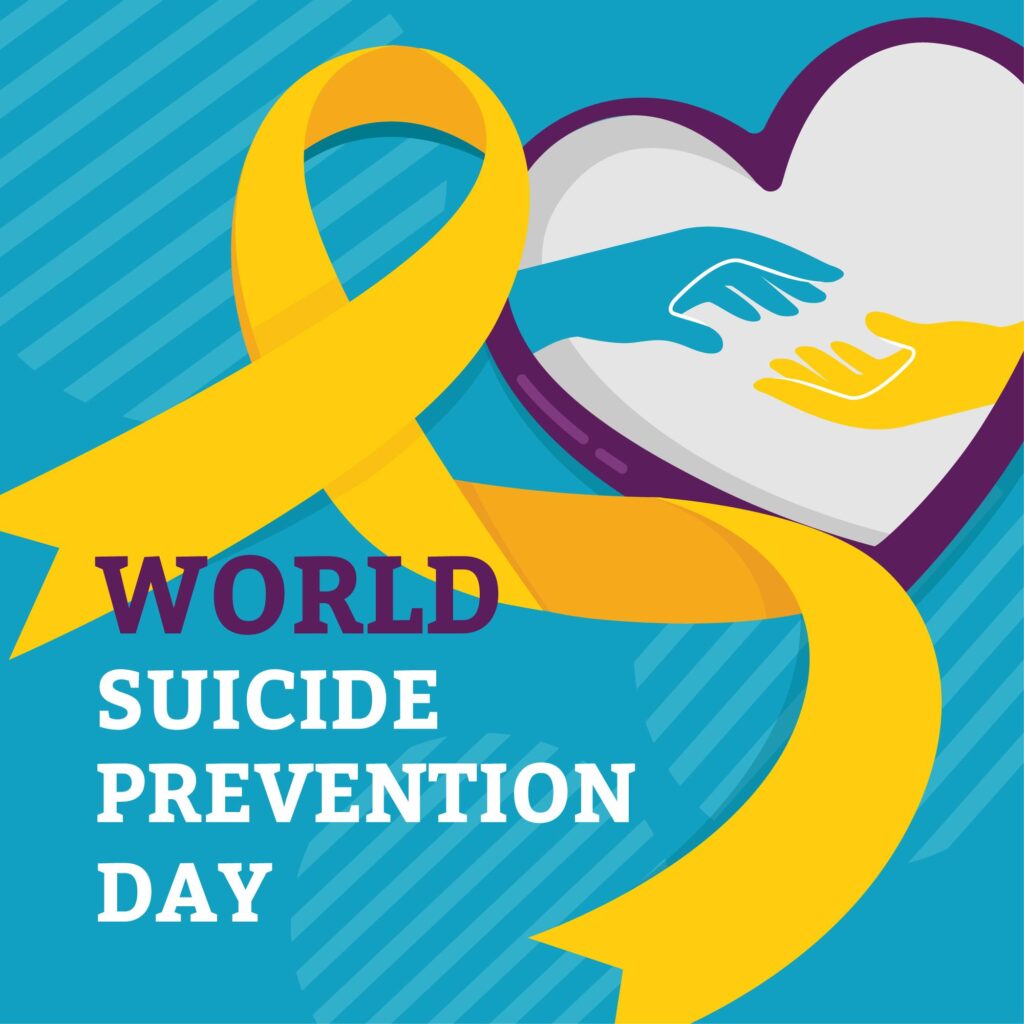Suicidal Tendencies in Adolescents: Understanding, Recognizing, and Preventing
Suicide is one of the leading causes of death among adolescents worldwide. The teenage years are already full of change—body, brain, relationships, and expectations. Add academic stress, peer pressure, family issues, and social media comparisons, and many young people can feel overwhelmed.
That’s why September 10th is observed globally as World Suicide Prevention Day, a reminder that awareness, conversations, and timely support can save lives.

The Neurobiology of Suicidal Thoughts
Suicidal tendencies are not just about “weakness” or “attention-seeking.” They are deeply tied to brain biology:
- Serotonin dysregulation: Low serotonin is linked to impulsivity, hopelessness, and poor emotional control.
- Prefrontal cortex immaturity: This “decision-making” part of the brain is still developing in teens, making them more prone to impulsive actions when distressed.
- Stress hormones: Chronic stress elevates cortisol, which alters circuits in mood and memory areas (hippocampus, amygdala).
- Reward pathway imbalance: Changes in dopamine function make life feel less rewarding, fueling hopelessness.
In short, a teen brain is biologically vulnerable to intense emotions and quick decisions, which is why suicidal thoughts in this age group require urgent attention.
How to Recognize Warning Signs
Warning signs of suicidal tendencies can be subtle, but paying attention saves lives.
- Verbal signs: “I don’t want to be here anymore,” “Life is pointless.”
- Emotional signs: persistent sadness, irritability, sudden anger, or feeling worthless.
- Behavioral changes: withdrawal from friends/family, decline in school performance, giving away possessions.
- Routine changes: poor sleep, loss of appetite, neglect of appearance.
- Risk-taking/self-harm: reckless driving, alcohol/drug use, unexplained cuts or burns.
Even casual mentions of suicide should be taken seriously.
When to Seek Help
Immediate professional help is needed if:
- The teen expresses direct suicidal intent or has a plan.
- There is evidence of self-harm.
- Symptoms of depression, anxiety, or hopelessness persist for more than 2 weeks.
- There is a history of trauma, bullying, or family conflict.
In emergencies:
- India: Dial 112 or call AASRA helpline (91-22-27546669).
- Globally: Call your local crisis helpline (e.g., 988 Suicide & Crisis Lifeline in the USA).
Conversations That Save Lives
Talking to a teen about suicide can feel overwhelming. Here’s how to start:
- Be direct yet gentle: “I’ve noticed you seem down lately. Are you having thoughts of hurting yourself?”
- Listen, don’t judge: Allow them to express feelings without interruption or criticism.
- Validate emotions: “I can see you’re in pain, and it makes sense you feel overwhelmed.”
- Offer hope: Remind them feelings change, and help is available.
- Avoid dismissing: Never say, “You’re overreacting” or “It’s just a phase.”
Asking about suicide does not put the idea in their head—it shows you care.
Practical Tips for Parents, Teachers, and Teens
- For Parents/Teachers:
- Notice changes in mood, habits, or academics.
- Keep communication open and non-judgmental.
- Encourage professional help early.
- For Teens:
- Talk to someone you trust about your feelings.
- Limit toxic content on social media.
- Maintain healthy habits (sleep, exercise, routine).
- Remember: asking for help shows courage, not weakness.
FAQs
Q1: Does talking about suicide encourage it?
No. Research shows that asking reduces risk—it helps people feel understood.
Q2: Can suicidal thoughts go away without treatment?
Sometimes—but professional support ensures safety and recovery.
Q3: Should medication be used?
Yes, if needed—psychiatrists may prescribe treatment alongside therapy for depression or anxiety.
Q4: What’s the role of schools?
Teachers can be the first to notice changes—school counselors and awareness programs are vital.
Adolescence is a vulnerable but hopeful stage. Suicidal thoughts in young people are real, urgent, and treatable. By recognizing warning signs, starting conversations, and seeking timely help, we can prevent tragedies.
On September 10th—World Suicide Prevention Day—let’s pledge to break the silence, talk openly, and support those who are struggling.
If you or someone you know is struggling with suicidal thoughts:
📞 Call AASRA (91-22-27546669) in India, or your local emergency helpline.
🌐 Connect with mental health professionals for timely intervention.
💬 At Akshaya Medical Centre, we provide confidential, compassionate care for adolescents and families.
Remember: a conversation today could save a life tomorrow.

